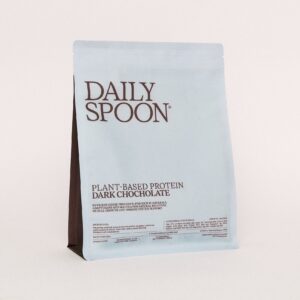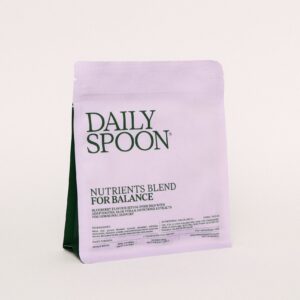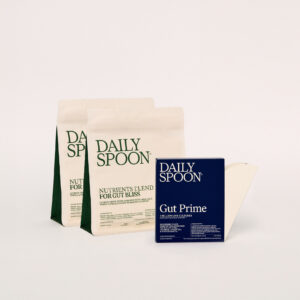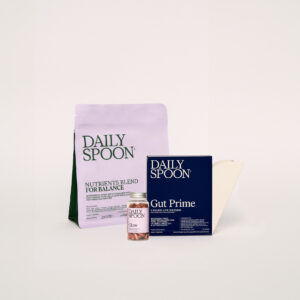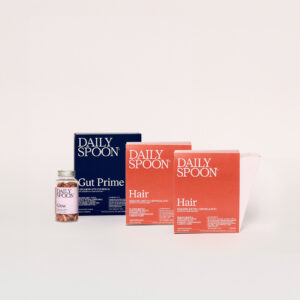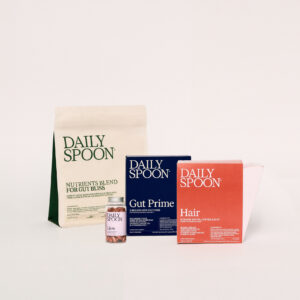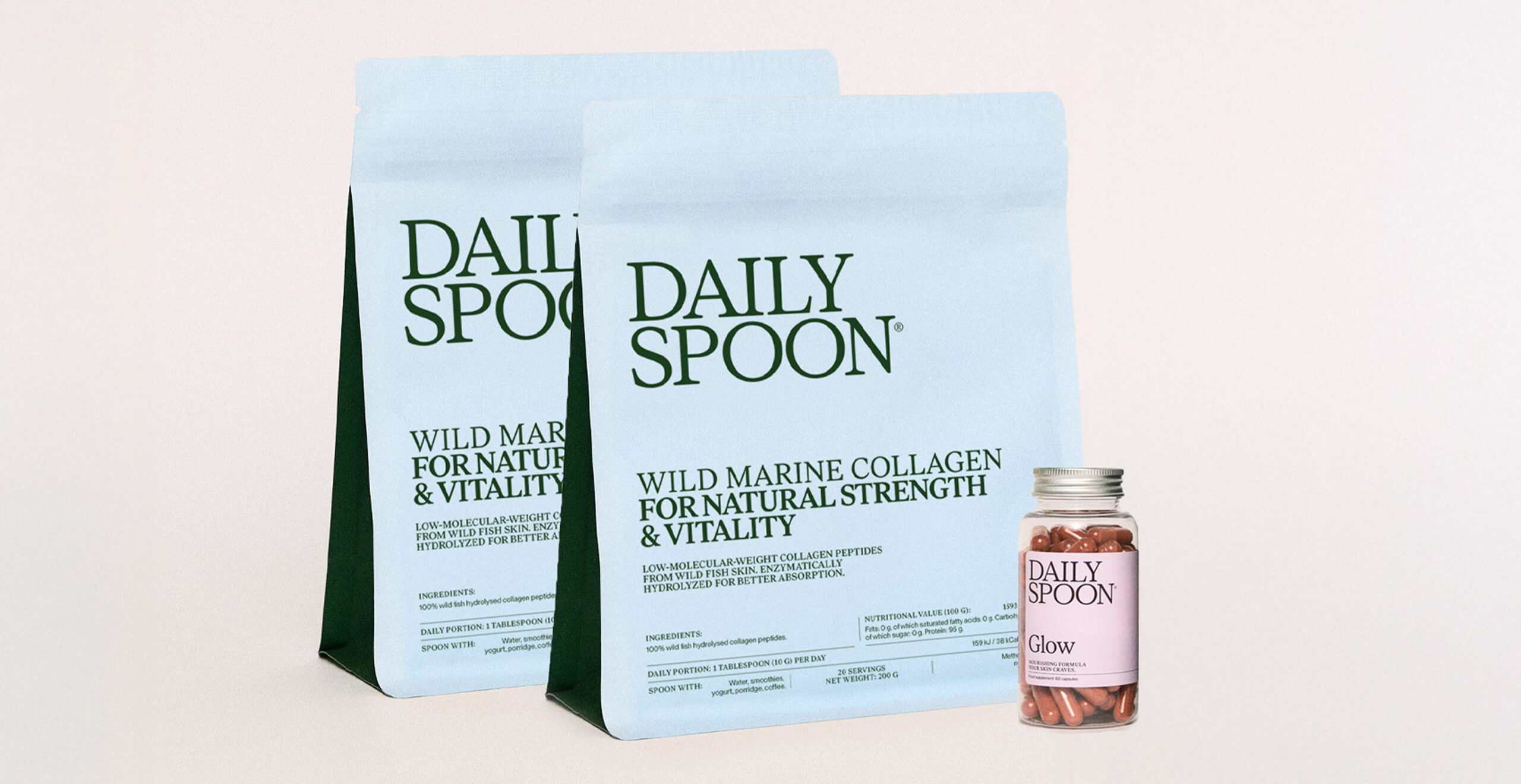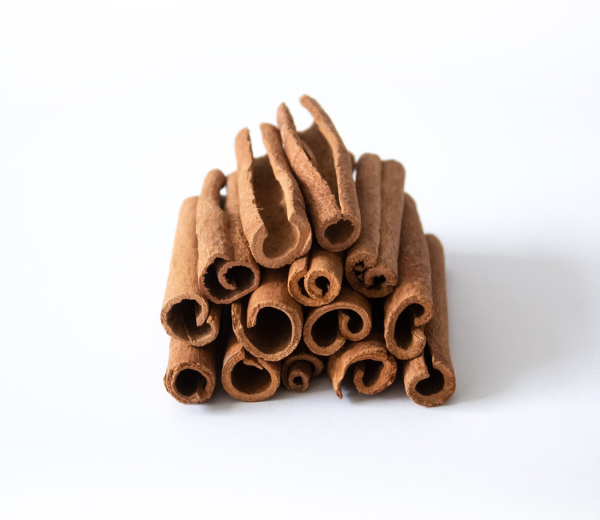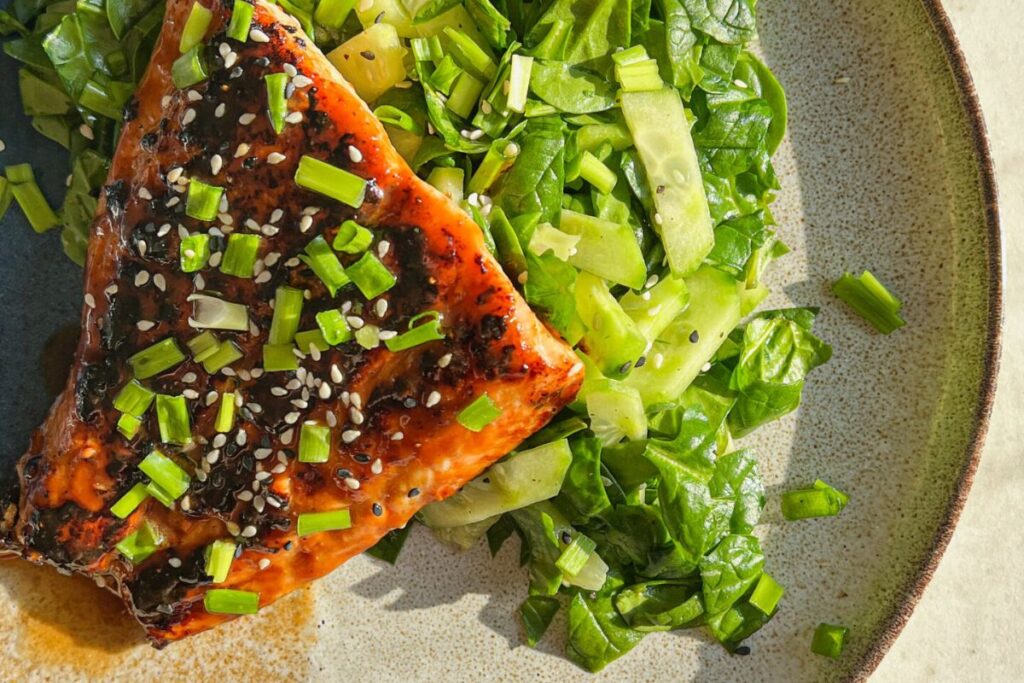Ceylon cinnamon has been known and used for centuries. In the Middle East, it was especially valued for its health benefits. The ancient Egyptians used it as early as 2000 BC, and cinnamon is even mentioned in the Bible, Proverbs 7:17, which says: “I covered my bed with tapestry, with carved works, with fine linen of Egypt; I perfumed my bed with myrrh, aloes, and cinnamon.” Although traders kept its source a secret, today it is well known that cinnamon originates from the small island of Sri Lanka, located off the coast of India – the true homeland of cinnamon.
The history of cinnamon is not only linked to its use in medicine and cooking but also to control and profit. Arab merchants transported cinnamon to Europe, where it was more popular and highly prized. They transported the spice via complex overland routes, which limited its supply and made it expensive in Europe. As a result, cinnamon became a luxury and status symbol in society. The supply of cinnamon to Europe was monopolized by the Arabs, maintaining a high price. This monopoly encouraged explorers to seek alternative sources of the precious spice. The famous traveler Christopher Columbus wrote to Queen Isabella that he had found the land of cinnamon in the New World, but the sample he sent did not prove to be the spice. Spanish explorer Gonzalo Pizarro also sailed to the Americas, optimistically hoping to find the “land of cinnamon.”
True cinnamon is made from the inner bark of the cinnamon tree. The cinnamon sticks we know and love are actually rolled-up strips of bark. Ground cinnamon is simply the powdered form of this inner bark. Compared to other types of cinnamon, true cinnamon has a more delicate, sweeter flavor. It is also special because it contains only a very small amount (essentially none) of coumarin – an aromatic compound found in other cinnamon varieties that can be harmful in large quantities. For this reason, true cinnamon is a safer choice if you plan to use this spice in your cooking.
Health Benefits
Ceylon cinnamon is gaining increasing importance and popularity again. Besides its pleasant taste and aroma, cinnamon can be very beneficial for health. For example, true cinnamon has traditionally been used in medicine to treat ailments such as bronchitis, digestive disorders, and gynecological issues. It also has anti-inflammatory properties that may improve digestion.
Powerful Antioxidant Properties
Pure cinnamon contains antioxidants that can neutralize free radicals and protect the body from oxidative damage. For example, cinnamon has a concentrated amount of antioxidant polyphenols, similar to onions, green tea, and red wine. In fact, when compared among 26 spices with the highest antioxidant content, cinnamon outperformed other superfoods like garlic and oregano, earning its well-deserved title as a top antioxidant.
Anti-Cancer Properties
Thanks to its antioxidant effects, cinnamon may protect against DNA damage, cell mutations, and tumors. The key active compound is cinnamaldehyde, derived from cinnamon bark. By protecting DNA, it inhibits tumor growth and may induce cancer cell death. This is especially notable in colorectal cancer, where cinnamon’s properties can improve gut health and reduce the risk of colon cancer. Additionally, researchers have found that cinnamon activates detoxifying enzymes in the intestines, which may help prevent cancer development.
Natural Preservative
One lesser-known benefit of cinnamon powder is its ability to preserve food. Due to its antibacterial and antioxidant properties, it can be used as a natural preservative without chemical additives. A study investigating the potential use of essential oils as preservatives found that cinnamon was the most effective in inhibiting mold growth. Another study showed that a brush coated with cinnamon extract could help prevent the color change caused by oxidation in fruits and vegetables starting to spoil.
Anti-Inflammatory Benefits
Research shows that this spice and its antioxidants have strong anti-inflammatory properties. These are especially valuable because chronic inflammation contributes to modern diseases such as cancer, type 2 diabetes, obesity, neurodegenerative disorders, and heart disease. Additionally, cinnamon may help relieve pain. Studies have indicated that cinnamon helps reduce muscle pain, menstrual pain, and age-related discomfort.
Possesses Antibacterial Properties
Cinnamaldehyde, a component of cinnamon essential oil that gives it its unique aroma, can fight various bacteria. It targets bacterial cell membranes, which enables it to destroy them.
Beneficial for Brain Health
Whether you want to prevent neurodegenerative diseases or enhance cognitive functions, cinnamon may be a helpful aid. For example, one study found that it can increase the amount of neuroprotective proteins in the brain, suggesting it could be effectively used in treating Parkinson’s disease.
Natural Antidepressant
Increasing research shows that consuming this spice may positively affect mood. Some scientists propose using cinnamon essential oil as a complementary treatment for depression and anxiety disorders. Additionally, one study attributes an antidepressant effect to cinnamon, suggesting that by suppressing inflammation in the hippocampus, it helps increase serotonin levels to an optimal range.
May Help Prevent Diabetes and Metabolic Syndrome
Insulin, our primary storage hormone, plays a crucial role in metabolism. Unfortunately, as refined carbohydrates have become dominant in many diets, more people are developing insulin resistance. Insulin resistance is the body’s way of protecting itself from excessive insulin levels caused by certain foods. If cells were too sensitive to high insulin levels, it could pose a life-threatening risk. Insulin resistance is a key precursor to metabolic syndrome and type 2 diabetes. However, research shows that cinnamon positively affects important factors of metabolic syndrome, such as inflammation, blood pressure, blood sugar levels, and insulin resistance.
How to Use Ceylon Cinnamon?
This spice can be used both as sticks and ground powder. Both forms are equally potent, but ground cinnamon is much easier to add to most dishes. When stored in an airtight container, the spice will retain its flavor and aroma. After discussing the benefits of Ceylon cinnamon, here is a simple recipe to try. If you want to experience the intense flavor of this spice, make cinnamon tea. Crush a tablespoon of the spice and heat the powder in boiling water for three to four minutes. Strain the spice and enjoy a sweet and spicy tea.
True cinnamon is a superfood, distinguished by its mild sweetness and intense aroma. Here are some additional ways to use this warm spice: add it to chai latte, use it in baked goods and desserts, or mix it into curry to deepen the flavor. Because it is beneficial for the body in many ways, you can also find it in most Daily Spoon superfood blends.

